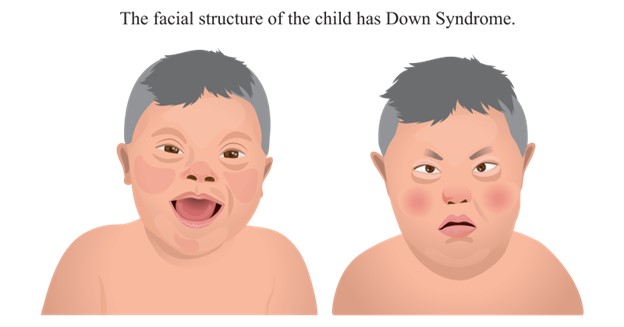Related Questions
Correct Answer is C
Explanation
Choice A Reason: This is incorrect because administering Rho(D) immune globulin 24 hours before delivery is too early and may not provide adequate protection for the fetus. Administering it 24 hours after delivery is too late and may not prevent the mother from developing antibodies against the fetal Rh-positive blood cells.
Choice B Reason: This is incorrect because administering Rho(D) immune globulin in the first trimester is unnecessary and may not be effective, as the risk of Rh isoimmunization is very low before 28 weeks of gestation. Administering it within 2 hours of delivery is appropriate, but not sufficient, as it should be repeated within 72 hours after delivery.
Choice C Reason: This is correct because administering Rho(D) immune globulin at 28 weeks gestation and again within 72 hours after delivery is the recommended schedule for preventing Rh isoimmunization in Rh-negative pregnant women who have Rh-positive partners. This regimen can prevent up to 99% of cases of Rh isoimmunization by blocking the maternal immune response to the fetal Rh-positive blood cells.
Choice D Reason: This is incorrect because administering Rho(D) immune globulin at 32 weeks gestation is too late and may not prevent Rh isoimmunization if there has been any fetal-maternal hemorrhage before that time. Administering it immediately before discharge is also too late and may not prevent the mother from developing antibodies against the fetal Rh-positive blood cells.
Correct Answer is A
Explanation
Choice A Reason: Trisomy numeric abnormality. Down syndrome is a genetic disorder that occurs when a person has three copies of chromosome 21 instead of two. This extra chromosome causes various physical and mental features that vary from person to person. Down syndrome is also called trisomy 21 because it involves three copies of chromosome 21.
Choice B Reason: Multifactorial inheritance is incorrect because it refers to a type of genetic disorder that results from the interaction of multiple genes and environmental factors. Examples of multifactorial disorders include cleft lip or palate, neural tube defects, diabetes, hypertension, and some types of cancer.
Choice C Reason: X-linked recessive inheritance is incorrect because it refers to a type of genetic disorder that affects males more than females because it is caused by a mutation on the X chromosome. Females have two X chromosomes, so they can be carriers or affected depending on whether they inherit one or two copies of the mutated gene. Males have one X chromosome and one Y chromosome, so they are always affected if they inherit the mutated gene from their mother. Examples of X-linked recessive disorders include hemophilia, color blindness, and Duchenne muscular dystrophy.
Choice D Reason: Chromosomal deletion is incorrect because it refers to a type of genetic disorder that occurs when a part of a chromosome is missing or deleted. This can cause various physical and mental problems depending on the size and location of the deletion. Examples of chromosomal deletion

